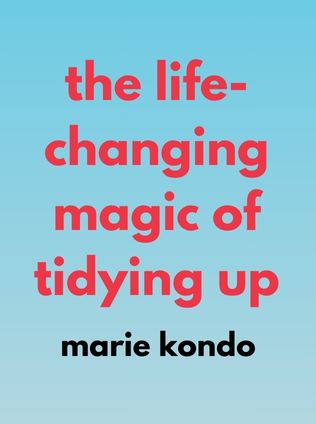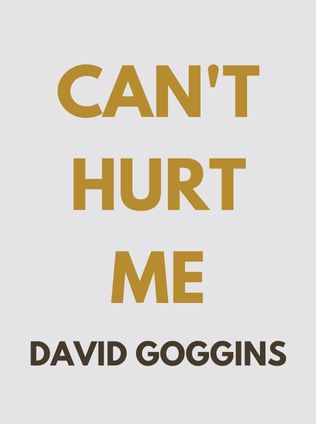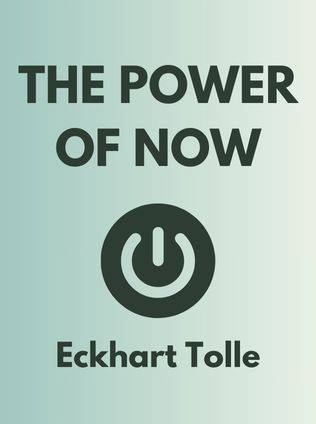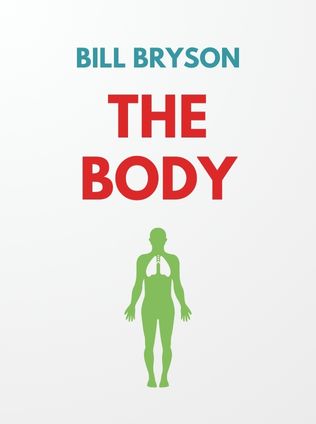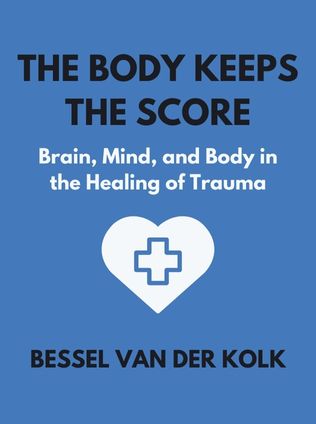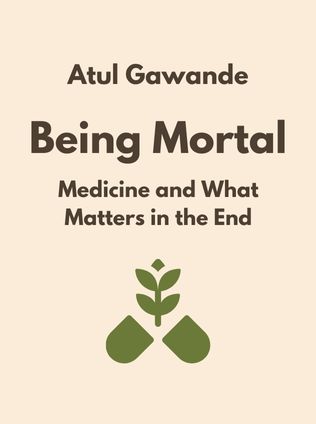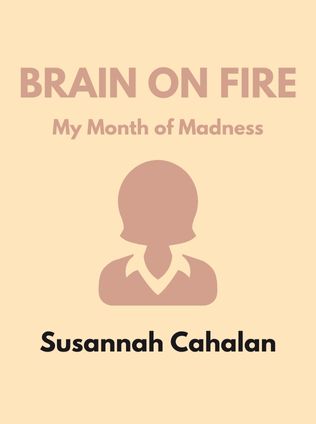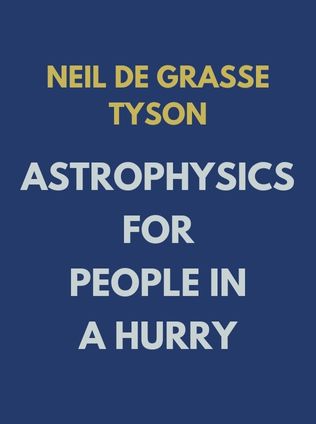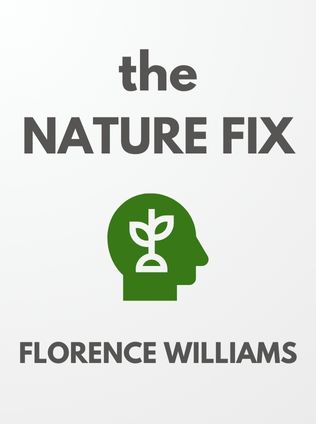
The Nature Fix
Why Nature Makes Us Happier, Healthier, and More Creative
By Florence Williams
Published 02/2017
About the Author
Florence Williams is a distinguished journalist, author, and public speaker who has dedicated much of her career to exploring the intricate relationship between nature and human well-being. Her work has appeared in a range of respected publications, including The New York Times, National Geographic, and Outside Magazine, where she serves as a contributing editor. Over the years, Williams has garnered several prestigious awards, including the 2013 Los Angeles Times Book Prize for her book "Breasts: A Natural and Unnatural History," and the 2023 PEN/E.O. Wilson Literary Science Writing Award for her book "Heartbreak: A Personal and Scientific Journey."
Williams's deep connection to the natural world and her concern for its effects on human health are central themes in her writing. Her 2017 book, "The Nature Fix: Why Nature Makes Us Happier, Healthier, and More Creative," is a culmination of years of research, travel, and personal exploration into how exposure to natural environments can profoundly impact our mental, physical, and emotional well-being. This book has resonated widely with audiences, becoming a bestseller on platforms like Audible, and it continues to inspire readers to reconnect with nature amidst their increasingly urban lives.
Main Idea
"The Nature Fix" centers around the concept that humans are inherently drawn to nature—a phenomenon known as biophilia. Florence Williams argues that our mental, physical, and emotional health is closely linked to our interactions with the natural world. Despite the conveniences and opportunities that urban living provides, the disconnection from nature that accompanies city life has led to a host of modern ailments, including chronic stress, mental fatigue, and a decrease in empathy and creativity.
Through extensive research and on-the-ground exploration, Williams examines how various cultures around the world have integrated nature into their daily lives and how these practices benefit health. From the Japanese tradition of shinrin-yoku (forest bathing) to Sweden’s horticultural therapy, she presents compelling evidence that reconnecting with nature is not just a luxury, but a necessity for maintaining well-being. Ultimately, "The Nature Fix" serves as both a scientific exploration and a practical guide for bringing nature back into our lives, regardless of our urban surroundings.
Table of Contents
- Introduction: The Call of the Wild
- Chapter 1: Urban Species – How Cities Are Changing Us
- Chapter 2: Biophilia – Our Natural Affinity
- Chapter 3: The Stress Epidemic – Nature's Cure
- Chapter 4: Cognitive and Creative Boost – The Power of Green Spaces
- Chapter 5: Mental Health and Social Connection – Nature's Therapy
- Chapter 6: The Science of Nature – Understanding the Benefits
- Chapter 7: Practical Applications – Bringing Nature Back into Our Lives
- Conclusion: A New Prescription for Health
Introduction: The Call of the Wild
The introduction to "The Nature Fix" sets the stage for a profound exploration of how nature influences human health. Florence Williams begins by highlighting the growing body of scientific evidence that supports the idea that time spent in nature can have significant benefits for our well-being. Despite the rapid urbanization of society, which has driven more people into cities than ever before, our fundamental need for nature remains unchanged. "We are still biologically programmed to seek out natural environments," she writes, echoing the sentiments of renowned biologist E.O. Wilson, who popularized the concept of biophilia.
Williams's approach is both personal and scientific. She draws on her own experiences and extensive travels to illustrate how various cultures incorporate nature into their daily lives. From the forests of Japan to the gardens of Sweden, she explores the universal human need for nature and the consequences of neglecting this aspect of our lives. The introduction serves as a powerful reminder that, despite the advances of modern civilization, our connection to the natural world is as vital as ever.
Chapter 1: Urban Species – How Cities Are Changing Us
In the first chapter, Williams discusses the significant shift in human living conditions as the majority of the world's population now resides in urban areas. This transition has brought with it both opportunities and challenges. On one hand, cities offer better job opportunities, education, infrastructure, and access to technology. On the other hand, they expose residents to constant noise, pollution, overcrowding, and mental overload, which have profound effects on our health.
"City folk are constantly exposed to an urban soundtrack of police sirens, airplanes, and other man-made noises. These ever-present noises prevent us from fully relaxing; since our brains equate noise with threats, we’re perpetually in a state of alertness."
Williams delves into the psychological and physiological toll that city living takes on individuals. She argues that the constant state of alertness required to navigate the urban environment leads to chronic stress, which in turn affects our overall health. The lack of access to green spaces further exacerbates these issues, as city dwellers are deprived of the restorative effects that nature can provide.
Sign up for FREE and get access to 1,400+ books summaries.
You May Also Like
The Life-Changing Magic of Tidying Up
The Japanese Art of Decluttering and Organizing
By Marie KondoYou Are A Badass
How to Stop Doubting Your Greatness and Start Living an Awesome Life
By Jen SinceroThe Body Keeps the Score
Brain, Mind, and Body in the Healing of Trauma
By Bessel van der Kolk







